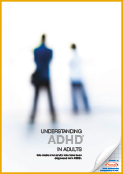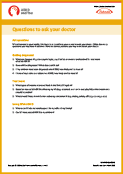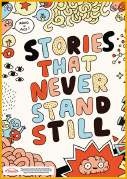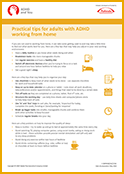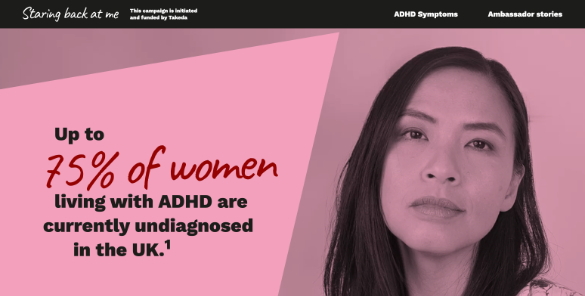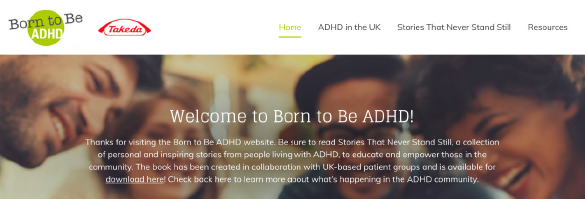It may take time to find out what works best for you (and what you should avoid), but there is plenty of support and advice available. Here are a few tips that may help:
-
Have a daily routine so you know what needs doing and when
-
Breakdown tasks into more manageable chunks
-
Get regular exercise and have a healthy diet
-
Talk to your employer or tutor about reasonable adjustments to help you at work or college
-
Switch off electronic devices when you’re trying to focus on a task and around one hour before bedtime to help you relax
-
Get a good night’s sleep
Adults with ADHD, especially those with symptoms of hyperactivity, are more likely to take risks.
Adults with ADHD are more likely to:
-
speed
-
be involved in traffic accidents
-
be prone to road rage
-
have their driver’s license revoked
If you are going to drive, make sure you understand and follow the rules of the road. Always follow safe driving habits, such as observing the speed limit, wearing a seatbelt and avoiding distractions such as texting or talking on the phone. If you are with a friend, make sure you pay attention to your driving.
You must tell the Driver and Vehicle Licensing Agency (DVLA) if your ADHD affects your ability to drive safely. Ask your doctor if you’re not sure if your ADHD will affect your driving.
Children and young people with ADHD often experience problems with school and in social situations. Although symptoms may change, difficulties experienced by children with ADHD may continue into adulthood.
According to surveys, adults with ADHD are more likely to:
-
be unemployed
-
have been divorced
-
be addicted to tobacco or report recreational drug use
However, there are steps you can take to address the challenges of ADHD.
If you have any questions or concerns, it’s a good idea to make a note of them and take them along to your next appointment with your doctor.





